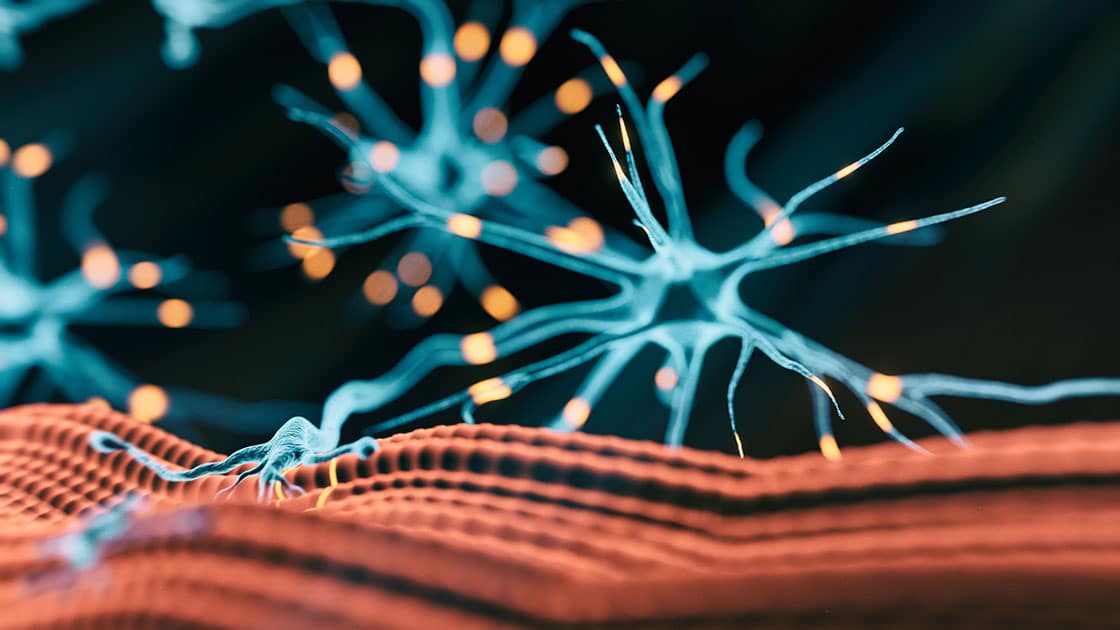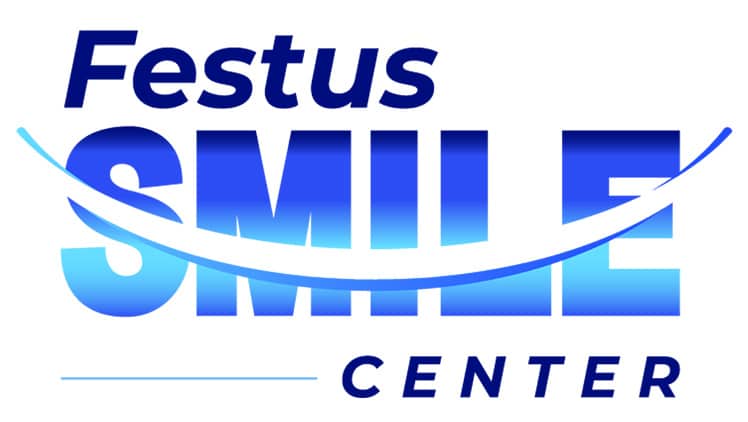
Understanding Dental Nerve Injuries
Dental nerves are vital for sensation in the teeth, gums, and surrounding tissues. Damage to dental nerves can be caused by a variety of factors, including trauma, decay, bruxism, infection, and occasionally even by dental procedures. We provide expert diagnosis and compassionate care for individuals experiencing dental nerve-related discomfort.
What Causes Dental Nerve Injuries?
- Trauma: Direct blows to the face or jaw can fracture or displace teeth, damaging associated nerves.
- Tooth Decay:When cavities erode tooth enamel, exposed nerves can cause pain and inflammation.
- Bruxism:Excessive jaw tension from teeth grinding or clenching can damage nerves in the mouth and jaw.
- Gum Disease:Advanced periodontitis can expose tooth roots, and lead to nerve damage.
- Infection:Infection from bacteria in the teeth or gums can spread to surrounding tissues, resulting in inflammation that can damage nerves.
Can Dental Procedures Cause Nerve Injuries?
Dental procedures, while generally safe and effective, can, in rare instances, result in nerve injury. While we prioritize patient safety, even with the utmost care, injuries to nerves can still occur during various dental procedures.
- Tooth Extractions: Especially impacted wisdom teeth, can put pressure on or directly injure the inferior alveolar nerve or lingual nerve.
- Dental Implant Placement: Requires precise surgical technique. Damage to the inferior alveolar or mental nerves is a potential risk.
- Root Canal Therapy: Though uncommon, instrumentation during root canal treatment can sometimes irritate or damage a nerve.
- Deep Fillings: Particularly large fillings, if placed close to the nerve, can cause inflammation or irritation.
- Sinus Lifts: Nerve damage can occur to the infraorbital nerve during a sinus lift procedure.
Recognizing the Symptoms
Symptoms of dental nerve injury can vary depending on the nerve affected and the severity of the damage. Common signs include:
- Numbness: A loss of sensation in the lips, chin, tongue, or cheeks. This is one of the most common symptoms.
- Tingling or Pins-and-Needles: An unusual sensation in the affected area.
- Pain: Can range from a mild ache to a sharp, burning sensation. Sometimes this manifests as phantom tooth pain after an extraction.
- Difficulty Chewing or Speaking: When a nerve affects the muscles used for these functions.
- Altered Taste: Damage to certain nerves can impact taste sensation.
Diagnosing Dental Nerve Damage
Accurate diagnosis is crucial. We utilize a comprehensive approach:
- Clinical Examination: A thorough assessment of your symptoms and a neurological examination.
- Medical History Review: Understanding your overall health and any pre-existing conditions.
- Radiographic Imaging: Diagnostic imaging (including cone-beam computed tomography - CBCT) helps to visualize the neural pathway and identify potential compression or damage.
- Nerve Conduction Studies: These tests measure the speed and strength of nerve signals, helping determine the extent of the injury.
- Electromyography (EMG): Evaluates muscle activity and can help identify nerve damage affecting muscle function.
Treatment Options: Restoring Function and Comfort
Treatment depends on the type and severity of the nerve injury. We offer a range of solutions:
- Conservative Management: In many cases, mild nerve irritation resolves on its own with time. We may recommend anti-inflammatory medications, physical therapy, and watchful waiting.
- Medications: Pain relievers, nerve pain medications (like gabapentin or pregabalin), and corticosteroids may be prescribed to manage symptoms.
- Physical Therapy: Exercises can help restore nerve function and muscle strength.
- Surgical Intervention: In cases of nerve compression or entrapment, surgical decompression may be necessary to relieve pressure on the nerve. This is typically performed by an oral and maxillofacial surgeon.
- Nerve Grafting: In severe cases of nerve damage, a nerve graft may be considered to restore nerve continuity.
